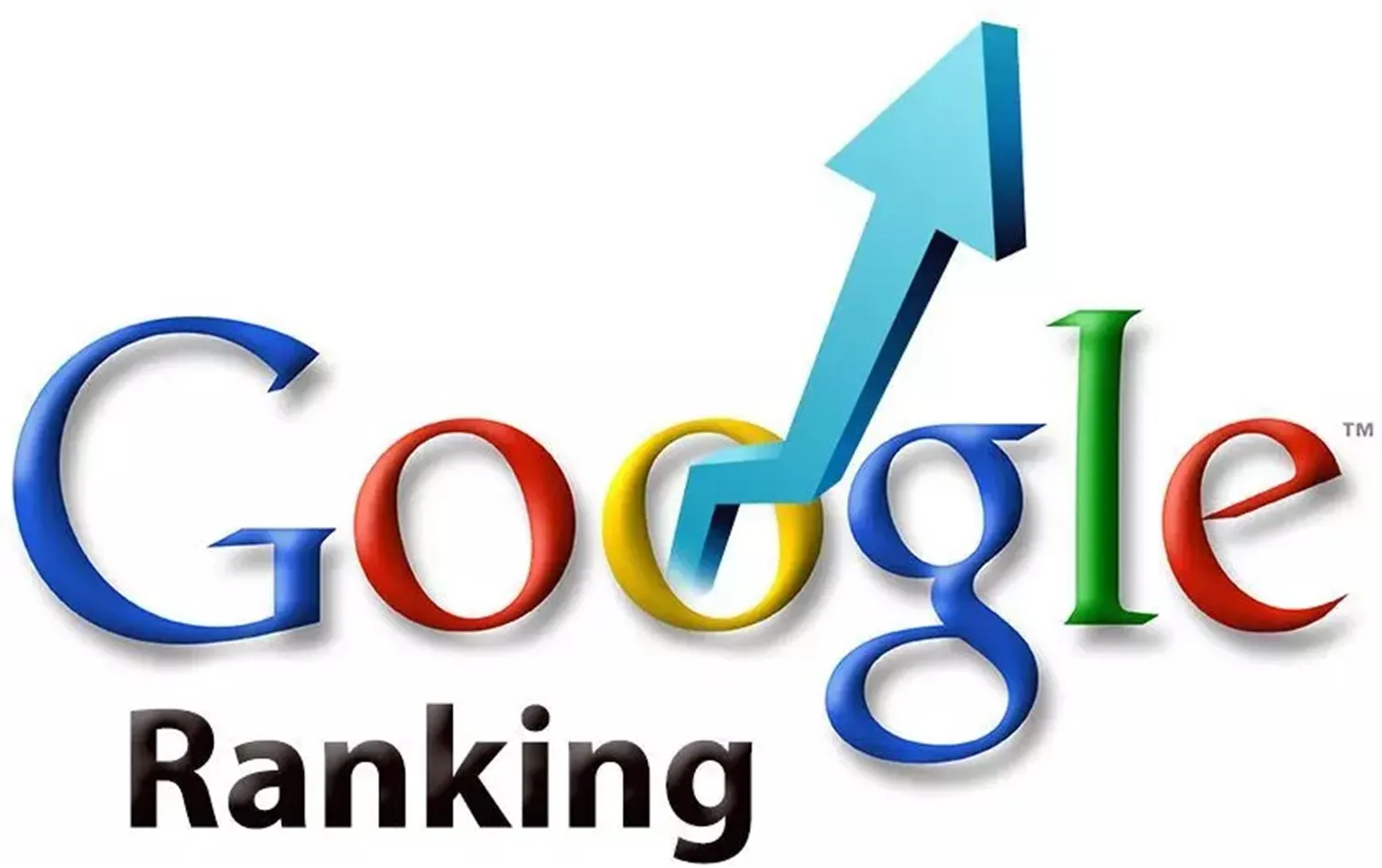What is Google SEO Ranking?
Introduction:
Google SEO ranking is a critical aspect of online visibility and success. Search Engine Optimization (SEO) involves a set of strategies and practices aimed at optimizing a website to improve its ranking on search engine results pages (SERPs), with Google being the dominant player in the search engine realm. Understanding the intricacies of Google SEO ranking is essential for businesses, website owners, and marketers looking to enhance their online presence and reach their target audience effectively.
Chapter 1: The Basics of Google SEO Ranking
1.1 Understanding Search Algorithms:
Google employs complex algorithms to determine the relevance and authority of web pages. These algorithms consider numerous factors, including keywords, content quality, user experience, and backlinks, among others. A clear comprehension of these algorithms is fundamental to SEO success.
1.2 Importance of Keywords:
Keywords are the foundation of SEO. Identifying and strategically incorporating relevant keywords into your website content helps Google understand the nature of your site and its offerings. Proper keyword research and implementation are crucial for achieving a higher Google SEO ranking.
Chapter 2: On-Page SEO Optimization
2.1 Content Quality and Relevance:
Google prioritizes high-quality, relevant content. Creating valuable, informative, and engaging content not only attracts users but also signals to search engines that your site is a reliable source of information.
2.2 Title Tags and Meta Descriptions:
Crafting compelling title tags and meta descriptions is crucial for attracting clicks from search engine results. These elements provide a concise preview of your page's content, influencing user decisions to visit your site.
2.3 URL Structure and Formatting:
A clean and organized URL structure enhances both user experience and SEO. Google favors URLs that are easy to read, understand, and reflect the content of the page.
Chapter 3: Off-Page SEO Factors
3.1 Backlinks and Link Building:
Backlinks, or inbound links from other reputable websites, play a significant role in Google SEO ranking. Quality over quantity is key, and a natural link-building strategy contributes to increased authority and credibility.
3.2 Social Signals:
Social media presence and engagement indirectly impact SEO. While Google may not use social signals as a direct ranking factor, social media activity can amplify your content's reach, potentially leading to increased backlinks and improved visibility.
Chapter 4: Technical SEO
4.1 Website Speed and Mobile Optimization:
Google prioritizes user experience, and website speed is a crucial factor. Optimizing for mobile devices is equally essential, as Google's algorithms consider mobile-friendliness when determining rankings.
4.2 Sitemaps and Crawling:
Creating an XML sitemap helps search engines understand the structure of your website, making it easier for them to crawl and index your pages. Regularly updating and submitting your sitemap to Google enhances the chances of timely indexing.
Chapter 5: Monitoring and Analytics
5.1 Google Analytics:
Utilizing Google Analytics provides valuable insights into website traffic, user behavior, and the effectiveness of your SEO efforts. Regular analysis of these metrics allows for data-driven decision-making and continuous optimization.
5.2 Search Console:
Google Search Console is a powerful tool for monitoring your website's performance in Google search results. It provides essential information about indexing issues, keyword performance, and potential improvements to enhance your SEO strategy.
Chapter 6: Evolving Trends in Google SEO Ranking
6.1 User Experience (UX) Signals:
Google increasingly emphasizes user experience as a ranking factor. Factors such as page load time, mobile responsiveness, and overall site usability contribute to a positive UX, influencing SEO performance.
6.2 Core Web Vitals:
Core Web Vitals, introduced by Google, assess website performance based on factors like loading, interactivity, and visual stability. Prioritizing these metrics is essential for achieving higher SEO rankings.
SEO Cost Per Month in India
When considering the SEO cost per month in India, Indian Website Company (IWC) stands out as a reliable and cost-effective solution. With a focus on delivering quality SEO services tailored to the unique needs of Indian businesses, IWC offers competitive pricing structures. Their monthly SEO packages are designed to enhance online visibility, increase website traffic, and improve search engine rankings. By leveraging a combination of on-page optimization, off-page strategies, and content marketing, IWC aims to provide comprehensive SEO solutions that align with the diverse requirements of the Indian market. With transparent pricing and a commitment to delivering tangible results, IWC emerges as a trusted partner for businesses seeking affordable yet effective SEO services in India.
Conclusion:
Mastering Google SEO ranking requires a holistic approach that combines on-page optimization, off-page strategies, technical considerations, and continuous monitoring. Staying informed about algorithm updates and industry trends is essential for adapting and maintaining a competitive edge in the dynamic world of search engine optimization. By implementing effective SEO practices, businesses and website owners can enhance their online visibility, attract targeted traffic, and achieve sustainable success in the digital landscape dominated by Google.
